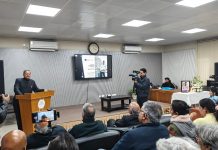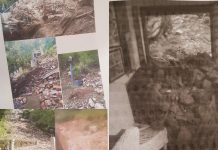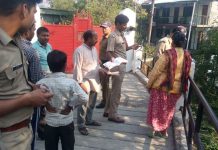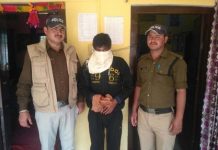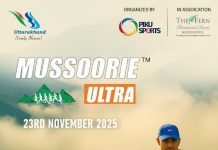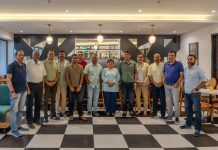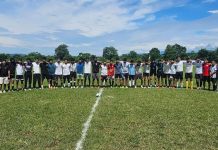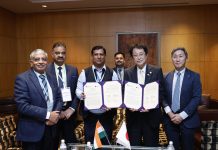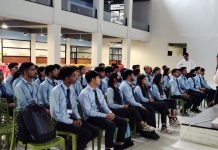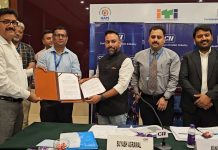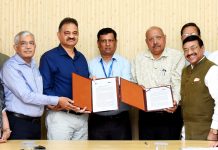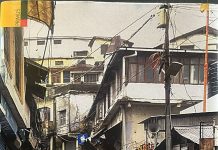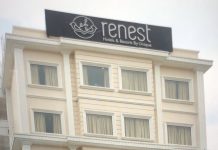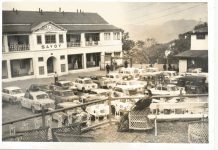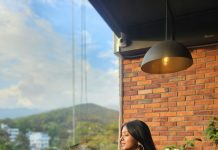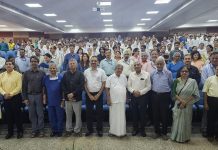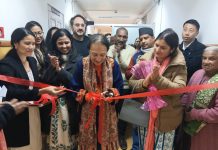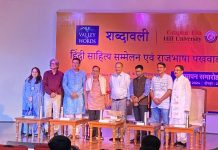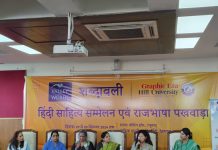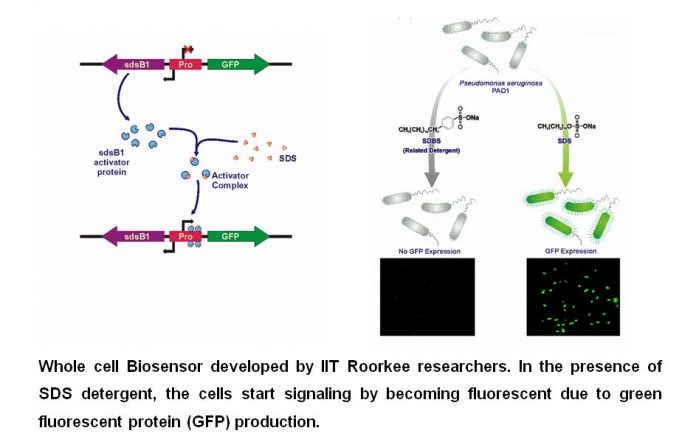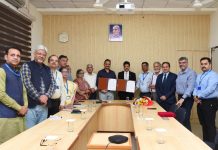Dateline Roorkee: A five-member team of researchers at IIT Roorkee have developed the world’s first specific reliable bacterial biosensor to detect the presence of common environmental pollutant- Sodium Dodecyl Sulphate /Sodium Lauryl Sulfate (SDS).
Sodium Dodecyl Sulphate is extensively used in soaps, toothpaste, creams, shampoos, laundry detergents in households, agricultural operations, laboratories, and industries. Its subsequent disposal in waterways causes harmful effects on aquatic organisms, environmental microcosms, and associated living organisms besides deteriorating the quality of drinking water. The objective of the study was to develop a novel biosensor for the detection of a detergent Sodium Dodecyl Sulphate /Sodium Lauryl Sulfate in environmental samples.
IIT Roorkee team developed a whole-cell biosensor using Pseudomonas aeruginosa PAO1 strain as a framework (chassis). The system involves a highly specific regulator along with a fluorescent protein that is produced only when SDS is present in the sample. The system can even detect 0.1 ppm of SDS in aquatic samples. This biosensor is highly specific for SDS and has minimal interference from other detergents, metals, and inorganic ions present in the environment.
Sodium Dodecyl Sulphate has harmful effects on the survival and breeding of organisms in the aquatic ecosystem as it hampers their biological processes such as solubilization of phosphate, reduction of ammonia, nitrogen fixation and photosynthesis. It can cause dermal and ocular irritation, cardiac anomaly, hemolysis, tachycardia, kidney failure, and even death.
“Pseudomonads have an inherent capability to be used as an optimal destination framework for synthetic biology applications. The selected species of Pseudomonas can be engineered to detect various chemicals owing to their resilient nature to survive and adapt to harsh environmental conditions. The highlight of this research is the development of the world’s first whole-cell bacterial biosensor for the direct, specific and efficient detection of SDS without involving sample preparation steps, toxic chemicals, sophisticated polymers and sensor development steps” said Sourik Dey, Final year MSc student at IIT Roorkee
“If untreated, Sodium Dodecyl Sulphate, can harm the marine biodiversity and cause pollution of land and water-bodies. The highlight of this biosensor is its sensitivity to even minute quantities of SDS in the environment and its ability to distinguish between SDS and SDBS” said Prof. Naveen Kumar Navani, Department of Biotechnology, IIT Roorkee
The biosensor showed a satisfactory and reproducible recovery rate for the detection of SDS in real samples of sewage water, river water, and pond water.
The lead author of the study is Sourik Dey, Prof. Naveen K Navani and Shahnawaz Ahmad Baba, Ankita Bhatt, Rajat Dhyani.

